Filter by
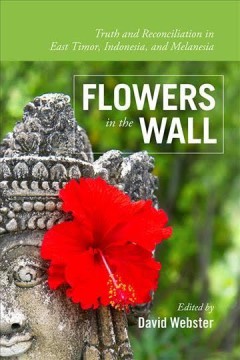
Flowers in the Wall : Truth and Reconciliation in Timor-Leste, Indonesia, and…
What is the experience of truth and reconciliation? What is the purpose of a truth commission? What lessons can be learned from established truth and reconciliation processes? Flowers in the Wall explores the experience of truth and reconciliation Southeast Asia and the Southwest Pacific, with and without a formal truth commission. Although much has been written about the operational phases of …
- Edition
- -
- ISBN/ISSN
- 9781552389553
- Collation
- xvi, 360p : ill.
- Series Title
- Global Indigenous Issues
- Call Number
- 323.49 FLO f
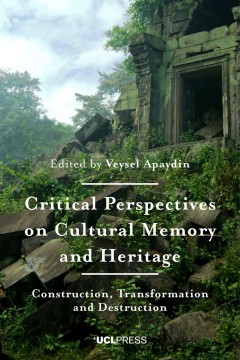
Critical perspectives on cultural memory and heritage : construction, transfo…
Critical Perspectives on Cultural Memory and Heritage focuses on the importance of memory and heritage for individual and group identity, and for their sense of belonging. It aims to expose the motives and discourses related to the destruction of memory and heritage during times of war, terror, sectarian conflict and through capitalist policies. It is within these affected spheres of cultural h…
- Edition
- -
- ISBN/ISSN
- 9781787354845
- Collation
- xviii, 313 p. ill;
- Series Title
- -
- Call Number
- 302 CRI V
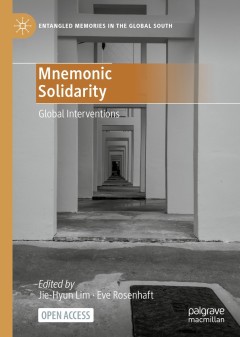
Mnemonic solidarity : global interventions
This open access book provides a concise introduction to a critical development in memory studies. A global memory formation has emerged since the 1990s, in which memories of traumatic histories in different parts of the world, often articulated in the terms established by Holocaust memory, have become entangled, reconciled, contested, conflicted and negotiated across borders. As historical act…
- Edition
- -
- ISBN/ISSN
- 9783030576691
- Collation
- xi, 135p, : ill
- Series Title
- Entangled Memories in the Global South
- Call Number
- 306.09 JIE m
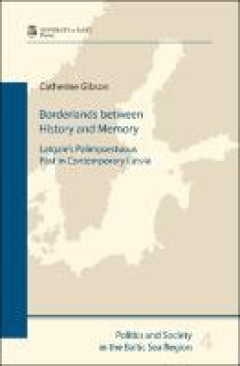
Borderlands between history and memory : latgale's palimpsestuous past in con…
This book offers innovative perspectives on the intersections between history and memory in Central and Eastern European borderlands. It focuses on the case of Latgale, the multicultural region of eastern Latvia which borders Russia, Belarus and Lithuania, and explores the multiple layers of memories and historical narratives about this borderland in Latvian public history. Based on a detailed …
- Edition
- -
- ISBN/ISSN
- 9789949772964
- Collation
- 192 p.
- Series Title
- -
- Call Number
- 504.9.L37 CAT b
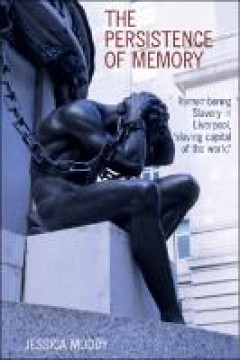
The Persistence of memory: remembering slavery in Liverpool, 'slaving capital…
The Persistence of Memory is a history of the public memory of transatlantic slavery in the largest slave-trading port city in Europe, from the end of the 18th century into the 21st century; from history to memory. Mapping this public memory over more than two centuries reveals the ways in which dissonant pasts, rather than being ‘forgotten histories’, persist over time as a contested publi…
- Edition
- -
- ISBN/ISSN
- 9781789622577
- Collation
- xvi, 306p.: ill.
- Series Title
- -
- Call Number
- 306.3620942753 MOO p
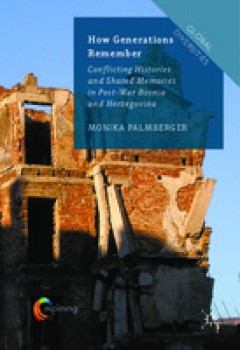
How generations remember: conflicting histories and shared memories in post-w…
This book provides a profound insight into post-war Mostar, and the memories of three generations of this Bosnian-Herzegovinian city. Drawing on several years of ethnographic fieldwork, it offers a vivid account of how personal and collective memories are utterly intertwined, and how memories across the generations are reimagined and ‘rewritten’ following great socio-political change. Focus…
- Edition
- -
- ISBN/ISSN
- 9781137450630
- Collation
- 1 electronic resource (xvii, 254 pages )
- Series Title
- Global diversities
- Call Number
- 301 PAL h
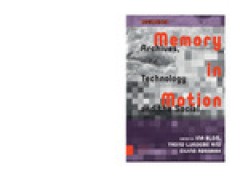
Memory in motion : archives, technology, and the social
How do new media affect the question of social memory? Social memory is usually described as enacted through ritual, language, art, architecture, and institutions ? phenomena whose persistence over time and capacity for a shared storage of the past was set in contrast to fleeting individual memory. But the question of how social memory should be understood in an age of digital computing, instan…
- Edition
- -
- ISBN/ISSN
- 9789048532063
- Collation
- 331 p.
- Series Title
- -
- Call Number
- 302 MEM m
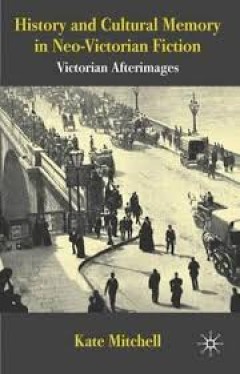
History and cultural memory in neo-Victorian fiction: Victorian afterimages
History and Cultural Memory in Neo-Victorian Fiction combines innovative literary and historiographical analysis to investigate the way neo-Victorian novels conceptualise our relationship to the Victorian past, and to analyse their role in the production and communication of historical knowledge. Positioning neo-Victorian novels as dynamic participants in the contemporary historical imaginary, …
- Edition
- -
- ISBN/ISSN
- 978023022858
- Collation
- ix, 222 p. ; 23 cm.
- Series Title
- -
- Call Number
- 823.809358 MIT h
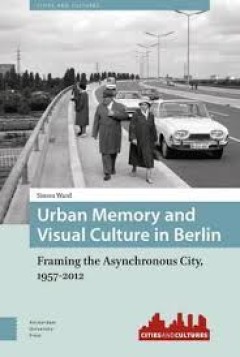
Urban memory and visual culture in Berlin: framing the asynchronous city, 195…
As sites of turbulence and transformation, cities are machines for forgetting. And yet archiving and exhibiting the presence of the past remains a key cultural, political and economic activity in many urban environments. This book takes the example of Berlin over the past four decades to chart how the memory culture of the city has responded to the challenges and transformations thrown up by th…
- Edition
- -
- ISBN/ISSN
- 9789089648532
- Collation
- 212 pages : illustrations; 24 cm.
- Series Title
- Cities and cultures
- Call Number
- 153 WAR u
 Computer Science, Information & General Works
Computer Science, Information & General Works  Philosophy & Psychology
Philosophy & Psychology  Religion
Religion  Social Sciences
Social Sciences  Language
Language  Pure Science
Pure Science  Applied Sciences
Applied Sciences  Art & Recreation
Art & Recreation  Literature
Literature  History & Geography
History & Geography